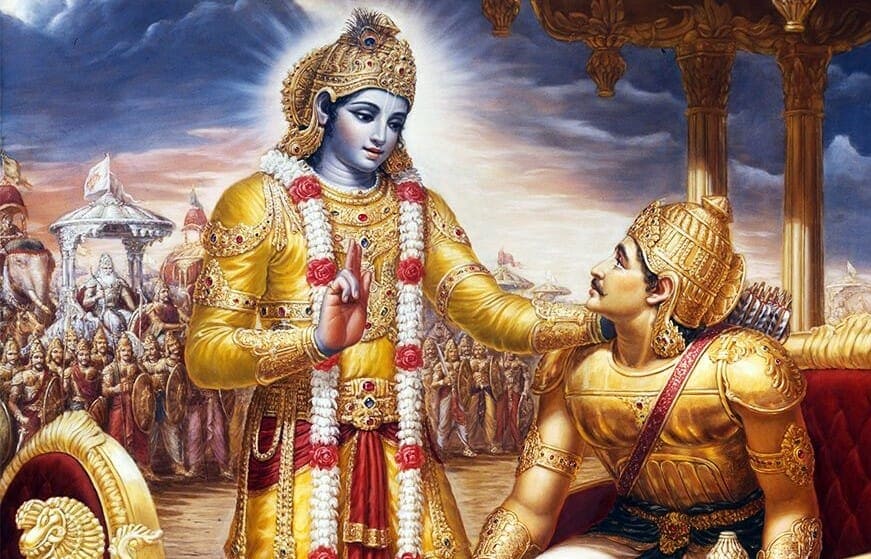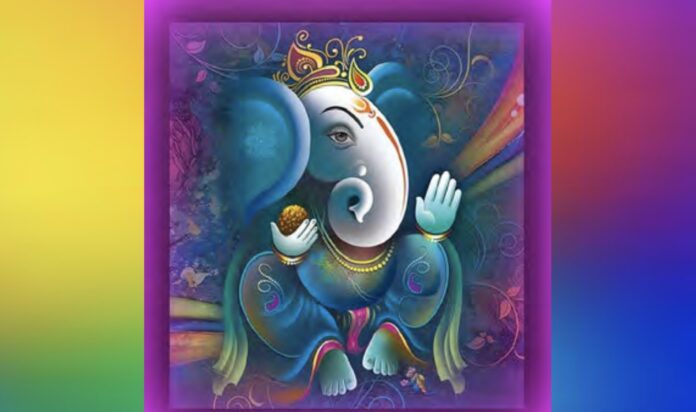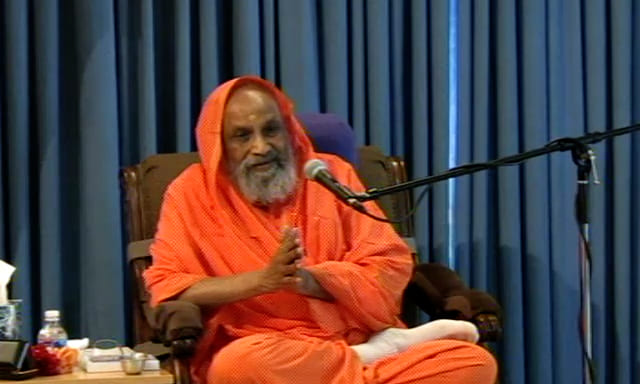Swami Dayananda Saraswati
Excerpt from Insights, Arsha Vidya Research and Publications, 2007
All religions lead to the same goal is a concept widely subscribed to by educated Hindus. I feel that this well-meaning concept needs to be enquired into and understood. If all religions have a well-defined common goal, the differences would be purely cultural. Cultural differences are totally acceptable to any thinking person. If the goal of various religions is the same, there will be no religious issue necessitating any discussion. But then, what is the truth of the statement that all religions lead to the same goal?
If ethical values constitute the goal of religion, certainly there would be a single goal adopted by all religions, the ethical values being universal. However, should any person be religious to be ethical? Is there a necessity to be educated by religious scriptures to know what is ethical and what is not? Is it not true that any normal human being is well informed about universal values? An aborigine in the outback of Australia as well as a paṇḍita from Benares has the same value of not wishing to get hurt. They also know that others do not want to get hurt by them. Other values like non-stealing, compassion, sharing and so on are equally well known. In fact, they form the moral infrastructure for human interaction, between one another as well as between other living organisms. This value-knowledge is born of human common sense.
When a human being has the faculty of choice, he or she should also have a matrix of norms to make the right choices. If the human being is totally programmed, there will be no such thing as right or wrong in human behavior. Without scripture and religious masters, each person is very well informed about rights and wrongs. It means that ethical values cannot constitute the goal of any religion, for one can be ethical without being in any way religious. On the other hand, some religions take away the universality of these common-sense-born values by giving sanction to killing those who do not conform to their beliefs, who articulate their non-conformity. This implies that the commonsense-born ethics are better off, without any interference from religion. The Vedic religion adds strength to the value-structure by introducing an unseen force, adṛṣöa-phala, consisting of puṇya and pāpa for actions that are right and wrong. Even though many other popular religions offer reward and punishment, they do not have the equivalents of puṇya and pāpa.
Religious theology differs from religion to religion. The concept of the reality of God, world and you is again thought of differently. God is looked upon as a judgemental person located in a place beyond. Reaching that place and living with him is the goal. Neither the Vedic religion nor Buddhism will accept this as a goal; much less will a devout Christian accept a goal other than reaching the heaven promised by his scripture. Then, what does the statement that all religions lead to the same goal mean?
For a vaidika who accepts with total understanding that this world including one’s body-mind-sense complex is the Lord’s manifestation, any form of prayer and worship is valid. Every name and form is valid to invoke the Lord, the Lord being every name and form. Moreover, prayer, mental, oral or ritualistic is karma, capable of producing a result. The given result is not the goal of religions much less is it the goal of any individual even if one thinks it is so. The goal of an informed vaidika is freedom from a sense of limitation centered on I. Can there be an ultimate goal for a human being other than this? The freedom, mokṣa, from this sense of limitation is the human goal.
The Veda says that the sense of limitation is due to ignorance of oneself. This implies that self-knowledge is the human goal. The theologies of the various world religions and of some cults in the Vedic religion as well do not have anything to do with this goal. They are committed to their own beliefs even though they are non-verifiable and more often than not, unreasonable. They have a right to have their beliefs, beliefs that do not accommodate other religious goals. Such beliefs, however, are not acceptable to a thinking person. They are not acceptable to a person who understands mokṣa either. All that a vaidika can say is that all forms of prayer are valid. Being an action, karma, each prayer can produce a limited result. In life, we do seek limited results, but it can never be the goal of religion much less of a human being.




